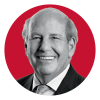A New Residence for Graduate and Medical Students
Notable

The new residence (above) will provide a modern living space that offers students ways to encounter and collaborate with their peers. It will feature communal spaces such as study nooks, meeting rooms, a fitness center, yoga and music rooms, a student lounge with access to an outdoor garden, a multipurpose activity court and a rooftop lounge with an adjoining terrace (photos below).
Weill Cornell Medicine is constructing a modern new student residence that, when it opens in 2025, will expand the scope of the institution’s Upper East Side campus and nearly double the existing student residential living space.
The new $260 million, 16-story, 173,000-square-foot residence is located on the northwest corner of East 74th Street and York Avenue, four blocks from Weill Cornell Medicine’s existing campus. The light-filled, eco-friendly building will house 272 students and feature 163 studios, seven one-bedrooms and 51 two-bedroom apartments, all equipped with a full kitchen. The residence hall will also include several spaces for study, collaboration, recreation, fitness and socialization.

“We’re building what will be one of the best student residences anywhere in this country,” says Dr. Robert A. Harrington, the Stephen and Suzanne Weiss Dean of Weill Cornell Medicine and provost for medical affairs of Cornell University. “Importantly, this new residence will both support our students’ academic life here and instill a lifelong emphasis on taking care of their overall wellness. The future of Weill Cornell Medicine is bright.”
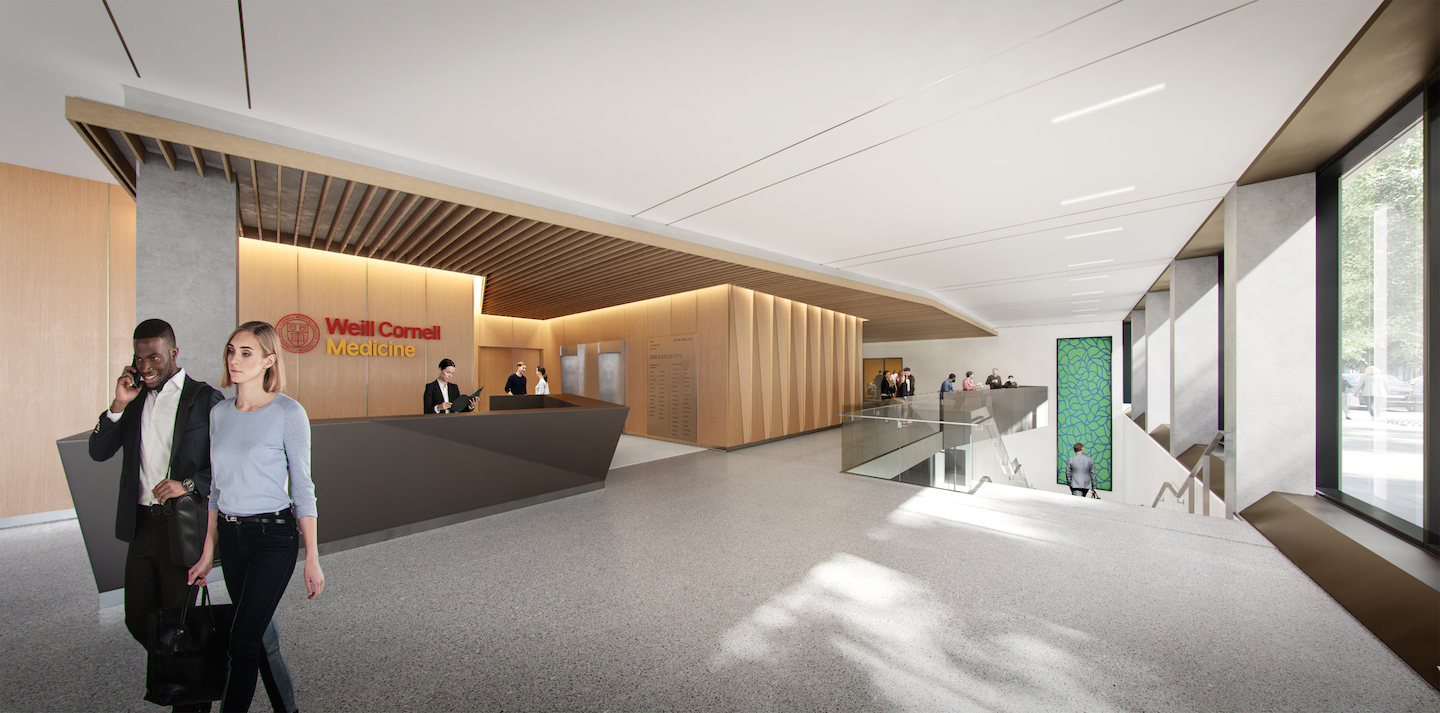
The residence hall is made possible by the extraordinary generosity of Weill Cornell Medicine’s donors — including significant gifts from We’re Changing Medicine campaign co-chairs Jeffrey Feil and Sanford I. Weill and their families, other long-time donors and the institution’s alumni — who collectively contributed $122 million toward its construction.
The building is a centerpiece of Weill Cornell Medicine’s suite of initiatives to enhance the student experience. To help more students realize their educational aspirations, Weill Cornell Medicine in 2019 expanded its scholarship program to eliminate educational debt for medical students who qualify for financial aid. That same year, the institution opened the Feil Family Student Center, a 16,200-square-foot campus space that expanded facilities for classes, meetings, quiet study and informal gatherings.
“With the We’re Changing Medicine campaign, we’re transforming the entire student experience — and the new student residence is a key component of our vision for the future,” says Weill Cornell Medicine Board of Fellows Chair Jessica M. Bibliowicz. “This is an enormous undertaking, and we are grateful to our campaign co-chairs Jeffrey Feil and Sandy Weill, as well as our dedicated donors. Their investment in the wellness of our future doctors and scientists will change patients’ lives.”
Fall 2023 Front to Back
-
From the Dean
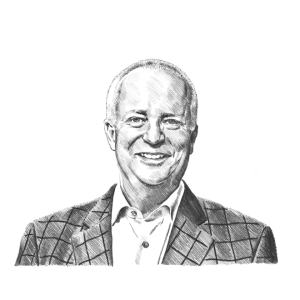
Message from the Dean
New Dean Robert A. Harrington, M.D. reflects on Weill Cornell Medicine’s tripartite mission — to care, to discover and teach — and ways to deepen and advance these goals. -
Features

Cancer Vaccines’ Promise
Patients are closer than ever to benefiting from a new treatment approach, thanks to strides in immunotherapy and COVID-19 vaccine technology.
-
Features

Silent Partners
How the brain’s less celebrated cells may drive Alzheimer’s disease and other dementias. -
Features
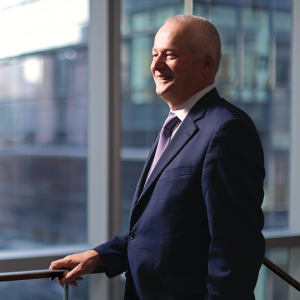
Future Forward
Dean Robert A. Harrington, M.D., shares his vision for Weill Cornell Medicine in a wide-ranging Q&A.
-
Notable

A New Residence for Graduate and Medical Students
A modern new residence on the Upper East Side campus will enhance the student experience. -
Notable

Dateline
Dr. Jyoti Mathad’s research could transform maternal health in under-resourced countries. -
Notable

Overheard
Weill Cornell Medicine faculty members are leading the conversation about important health issues across the country and around the world. -
Notable

News Briefs
Notable faculty appointments, honors, awards and more — from around campus and beyond. -
Grand Rounds

Playing With Heart
A transplant serves up a new beginning. -
Grand Rounds
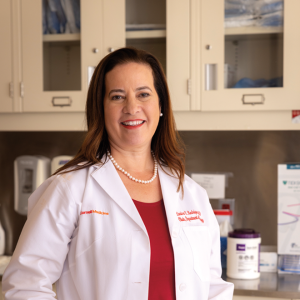
An End to Suffering in Silence
Weill Cornell Medicine’s Center for Female Pelvic Health is committed to treating women with dignity. -
Grand Rounds

News Briefs
The latest on teaching, learning and patient-centered care. -
Grand Rounds

3 Questions
During the COVID-19 pandemic, Weill Cornell Medicine adapted medical education. It wasn’t the first time the institution responded to historic public health events. -
Discovery

Making a Male “Pill”
A new “on-demand” method in development could offer men another choice for contraception. -
Discovery

Scientists Target Human Stomach Cells for Diabetes Therapy
Stem cells from the human stomach offer a promising approach to treating diabetes.
-
Discovery

Findings
The latest advances in faculty research, published in the world’s leading journals. -
Discovery

3 Questions
Dr. Gunisha Kaur and the team at the Weill Cornell Medicine Human Rights Impact Lab are finding ways to improve refugee health. -
Alumni
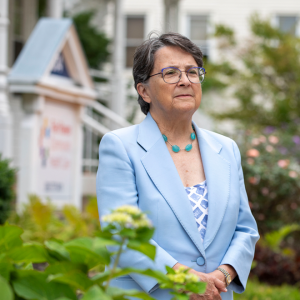
Profiles
From serving vulnerable communities to forging critical connections to move research from the bench to the bedside, our alumni are making an impact. -
Alumni
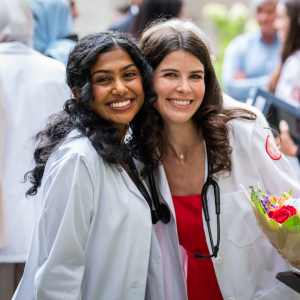
Notes
What’s new with you? Keep your classmates up to date on all your latest achievements with an Alumni Note. -
Alumni

In Memoriam
Marking the passing of our faculty and alumni. -
Alumni
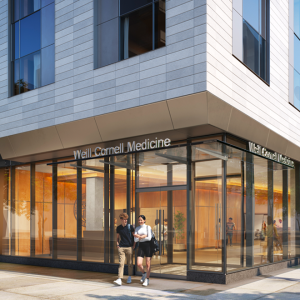
Moments
Marking celebratory events in the lives of our students, including the White Coat Ceremony and receptions for new students. -
Second Opinion

AI in RX
How can chatbots be used in medicine? -
Exchange
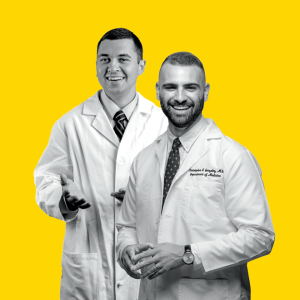
Diversifying Medicine
Two physicians discuss the unique experiences of Latino men in medicine and the crucial need for diversity. -
Muse
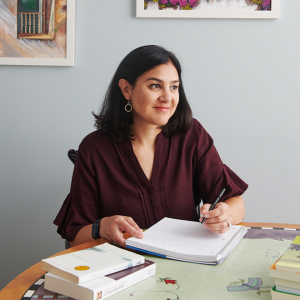
Writing to Make Meaning
Dr. Rachel Kowalsky is a pediatric emergency physician and an award-winning author. -
Spotlight
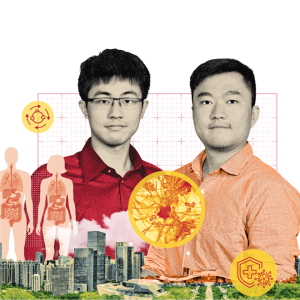
At the Forefront of Immunometabolism
Dr. Ke “Dave” Xu (Ph.D. ’21) and Dr. Anjin Xianyu (Ph.D. ’20), the founders of META Pharmaceuticals, are developing treatments for autoimmune diseases.

